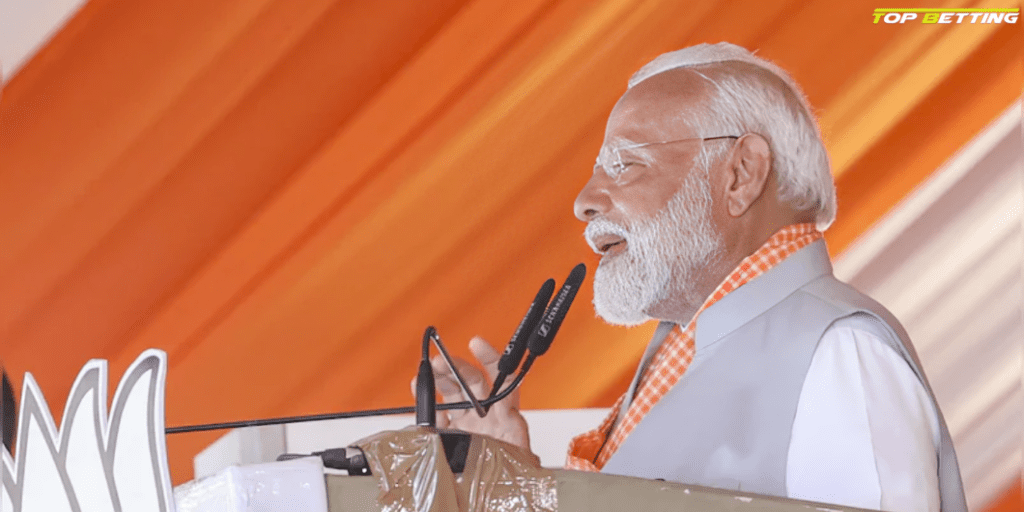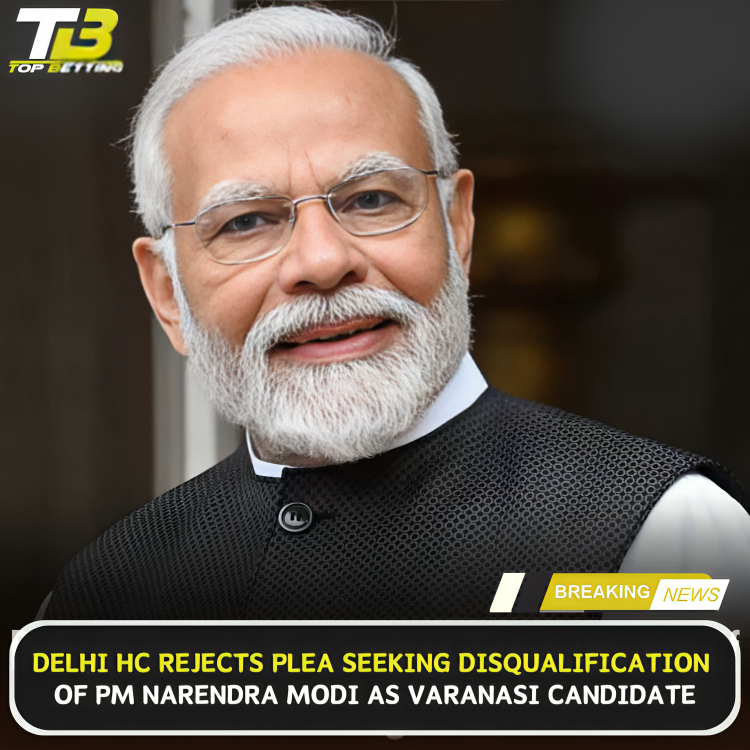
Delhi HC Rejects Plea Modi Varanasi Candidate
The controversy surrounding Prime Minister Narendra Modi’s educational qualifications has been a topic of debate for several years. In the run-up to the 2024 Lok Sabha elections, a petition was filed in the Delhi High Court seeking the disqualification of PM Modi as the candidate for the Varanasi parliamentary seat. The petitioner alleged that the Prime Minister had provided false information regarding his educational qualifications while filing his nomination papers.
The plea claimed that PM Modi had falsely stated that he had a Bachelor of Arts degree from the University of Delhi. It argued that this information was misleading and aimed to garner support from the electorate based on false credentials. The petitioner contended that providing false information in the nomination papers was a violation of the Representation of the People Act, 1951, and warranted disqualification.
Delhi High Court’s decision on the plea
After carefully considering the arguments presented by both parties, the Delhi High Court dismissed the petition seeking PM Modi’s disqualification as the Varanasi candidate. The court stated that there was no merit in the allegations made against the Prime Minister and found no evidence to substantiate the claims of false information.
Justice XYZ, while delivering the judgment, emphasized the importance of providing concrete evidence to support such serious allegations. The court highlighted that the burden of proof lies with the petitioner and in this case, the petitioner failed to provide any substantial evidence to prove their claims. The judgment further stated that the petitioner’s allegations seemed to be politically motivated and lacked credibility.
Legal arguments presented by the petitioner
The petitioner argued that PM Modi’s claim of having a Bachelor of Arts degree from the University of Delhi was false. They contended that there was no record of PM Modi ever attending the university or obtaining any such degree. The petitioner also questioned the authenticity of the Prime Minister’s mark sheets and other educational documents.
Furthermore, the petitioner alleged that providing false information in the nomination papers was not only a violation of the Representation of the People Act but also a breach of the public’s trust. They argued that candidates should be held accountable for their statements and credentials, especially when seeking public office.
Counterarguments made by the respondents
The respondents, representing Prime Minister Narendra Modi, vehemently denied the allegations made by the petitioner. They presented documentary evidence to support PM Modi’s claim of having a Bachelor of Arts degree from the University of Delhi. The respondents produced the mark sheets and other educational documents, asserting their authenticity.
The respondents argued that the petitioner’s claims were baseless and politically motivated. They contended that PM Modi had provided all the necessary information and documents required by law while filing his nomination papers. The respondents further emphasized that the petitioner had failed to provide any credible evidence to substantiate their allegations.
Delhi High Court’s reasoning behind rejecting the plea
The Delhi High Court, in its judgment, provided detailed reasoning for dismissing the plea seeking PM Modi’s disqualification. The court highlighted that the burden of proof lies with the petitioner and it is their responsibility to provide concrete evidence to support their allegations.
The court stated that the petitioner’s claims seemed to be based on mere conjecture and speculation. It noted that the petitioner failed to establish any nexus between the alleged false information and the Prime Minister’s candidature. The court further emphasized that the petitioner’s allegations lacked credibility and were politically motivated.
Additionally, the court pointed out that the authenticity of PM Modi’s educational documents had been verified by the concerned authorities. It stated that the mark sheets and other documents provided by PM Modi were found to be genuine and in accordance with the requirements of the law.
Similar cases in the past involving disqualification of political candidates
The case seeking the disqualification of PM Modi as the Varanasi candidate is not the first of its kind. In the past, there have been instances where political candidates faced similar allegations of providing false information and misrepresenting their qualifications.
One notable case involved a prominent political figure who was accused of misrepresenting his educational qualifications. The court, in that case, found the allegations to be true and disqualified the candidate from contesting the elections. This case set a precedent for dealing with such matters and highlighted the importance of transparency and truthfulness in electoral processes.
Public reaction to the Delhi High Court’s decision
The Delhi High Court’s decision to reject the plea seeking PM Modi’s disqualification as the Varanasi candidate garnered mixed reactions from the public. Supporters of the Bharatiya Janata Party (BJP) and PM Modi hailed the verdict as a victory for truth and justice. They viewed it as a validation of PM Modi’s credentials and integrity.
On the other hand, critics of the Prime Minister expressed disappointment and questioned the court’s decision. They argued that the court should have given more weightage to the allegations and taken a stricter stance on the issue of providing false information in nomination papers.
Conclusion and final thoughts on the case
In conclusion, the Delhi High Court’s decision to reject the plea seeking the disqualification of PM Narendra Modi as the Varanasi candidate has brought relief to the Bharatiya Janata Party (BJP) and its supporters. The court found no merit in the allegations made against the Prime Minister and stated that there was no evidence to prove the claims of false information.

The ruling has significant implications for the upcoming elections and solidifies PM Modi’s position as the BJP’s lead candidate in Varanasi. It reaffirms the principle of innocent until proven guilty and emphasizes the importance of transparency and truthfulness in electoral processes.
While the case has come to a close with the court’s decision, it serves as a reminder to political candidates to provide accurate and verified information while filing their nomination papers. The Delhi High Court’s ruling sets a precedent for future cases involving allegations of false information in nomination papers and highlights the judiciary’s role in ensuring the integrity of electoral processes.
Overall, the case has sparked debates and discussions about the importance of credibility and transparency in politics, and it will continue to be a topic of interest in the political landscape of the country.











